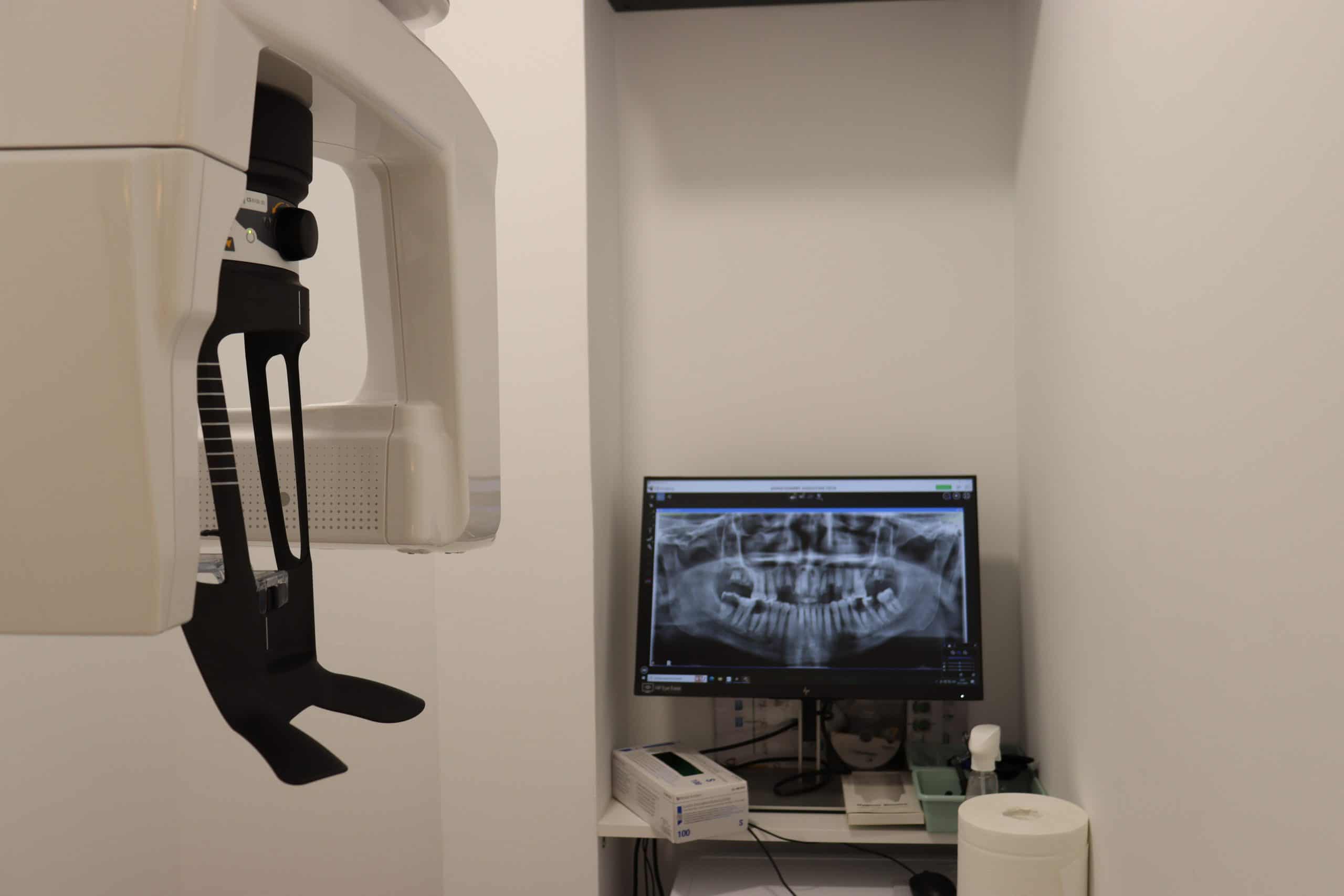Poor jaw alignment can lead to everything from stomach issues to chronic pain and ear problems. Technically known as malocclusion, it might seem merely cosmetic, but its effects extend far beyond appearance. This condition, affecting how we align our teeth, can also be the root of numerous health issues that degrade our quality of life. From chronic pain to stomach or ear problems, poor jaw alignment can have serious consequences if not addressed timely.
Malocclusion and TMJ dysfunction
One of the most common problems associated with malocclusion is temporomandibular joint (TMJ) disorder. Incorrect teeth alignment can create undue pressure on the jaw, causing pain, clicking sounds during movement, and chewing difficulties. This condition can deteriorate life quality with constant pain and restricted jaw function.
Can malocclusion wear down teeth?
Indeed, an incorrect bite leads to uneven tooth wear. Teeth under excessive stress can wear down faster, leading to issues like dental sensitivity and the need for complex restorative treatments in the long term.
Can malocclusion cause my stomach problems?
Malocclusion can impact the initial stage of digestion: chewing. Poor food grinding prevents proper mixing with saliva, leading to digestive challenges like indigestion and related gastrointestinal disorders. When teeth are misaligned, breaking down food properly becomes challenging, leading to the ingestion of larger-than-ideal food pieces. This inappropriate size can cause a range of digestive problems. Chronic indigestion is a common issue since the stomach has to work harder to break down food. Additionally, inefficient chewing reduces the effectiveness of salivary enzymes that start carbohydrate breakdown. This inadequate process can lead to symptoms like bloating, gas, and occasionally constipation or diarrhoea, as the gastrointestinal tract is under more stress to process partially digested foods. Moreover, malocclusion can be linked to gastroesophageal reflux disease (GERD), where poor food grinding promotes easier backflow of stomach acids into the esophagus.

Can malocclusion cause ear problems?
A poor bite not only affects the jaw, teeth, and digestive system but can also significantly impact the inner ear. The proximity of the TMJ to the inner ear means that any dysfunction or stress in these joints can spread problems to the ear. Patients with malocclusion may experience ear pain, ringing, or even balance issues, often due to the pressure or inflammation in the TMJ area, affecting the proper functioning of the inner ear. This link highlights the importance of addressing malocclusion not just for dental comfort but also to improve and prevent auditory complications.
Impact on general health
Interestingly, a poor bite can also be linked to more general health issues. Some studies have suggested connections between malocclusion and conditions like chronic headache, sleep disorders such as sleep apnea, and in extreme cases, even postural problems.
Addressing a poor bite is crucial and goes beyond the mere desire for a perfect smile. Orthodontic treatments, such as braces or invisible aligners, can effectively correct malocclusion. Moreover, early interventions, especially in children and teenagers, can prevent the progression of malocclusion and its associated side effects.
How is malocclusion solved?
Treatments vary depending on the severity and type of malocclusion. Common methods include using orthodontic appliances such as braces or transparent aligners to correct teeth alignment. In more severe cases, orthognathic surgery may be considered to adjust the position of the jaw bones. It is essential to consult an orthodontist to obtain an accurate diagnosis and discuss the most effective treatment options for each particular case.

Is the Use of a discharge splint advisable?
Yes, the use of a discharge splint can be advisable and necessary in some cases of malocclusion, especially when it is associated with TMJ disorders or bruxism (teeth grinding or clenching). The discharge splint helps relieve pressure on the jaw, reduce dental wear, and alleviate pain or discomfort in the joint and jaw muscles. It is a non-invasive treatment that can complement other orthodontic or surgical interventions.
What treatments does Clínica Dental La Campana apply to solve malocclusion?
To address a poor bite, Clínica Dental La Campana offers a variety of personalized orthodontic treatments Depending on the severity and type of malocclusion, traditional braces, effective for correcting even the most complex misalignments, may be recommended. Alternatively, for those seeking a more discreet solution, transparent aligners are available, which are almost invisible and can be removed for eating and brushing teeth. Additionally, in cases where a more intensive approach is required, orthognathic surgery might be considered as an option to readjust the jaws and achieve an optimal bite. These solutions not only improve masticatory and aesthetic function but also contribute to better overall oral and general health. Do you have malocclusion issues? Book your appointment at Clínica Dental La Campana today and we’ll help you resolve it.




